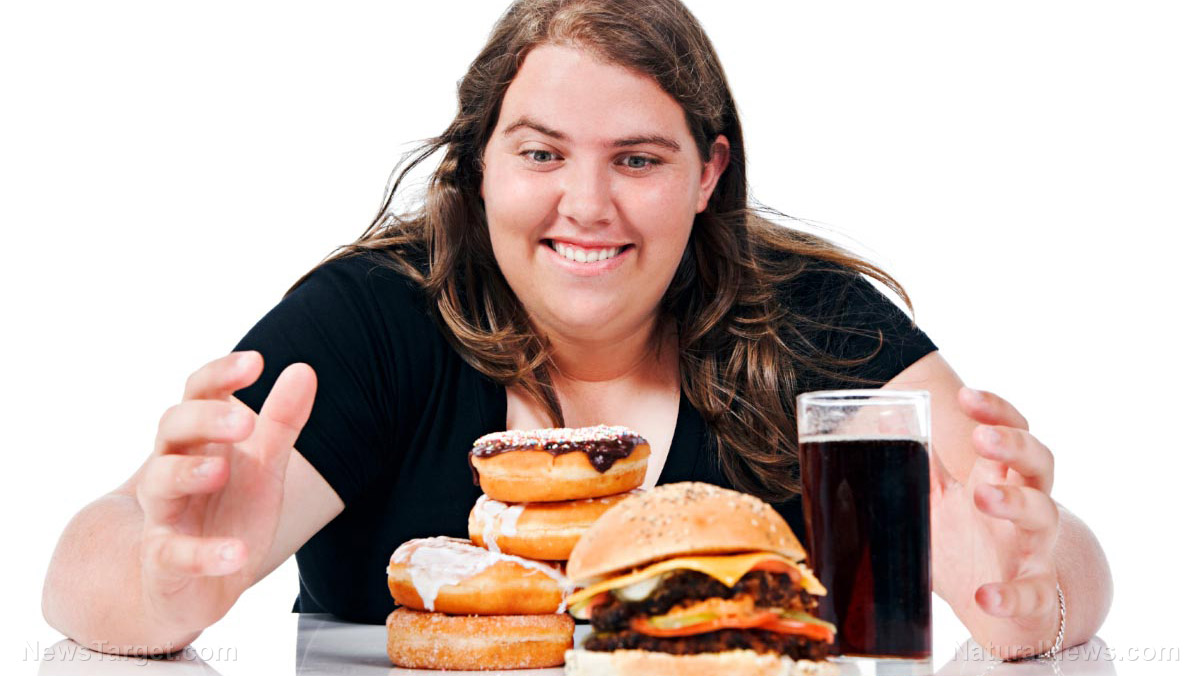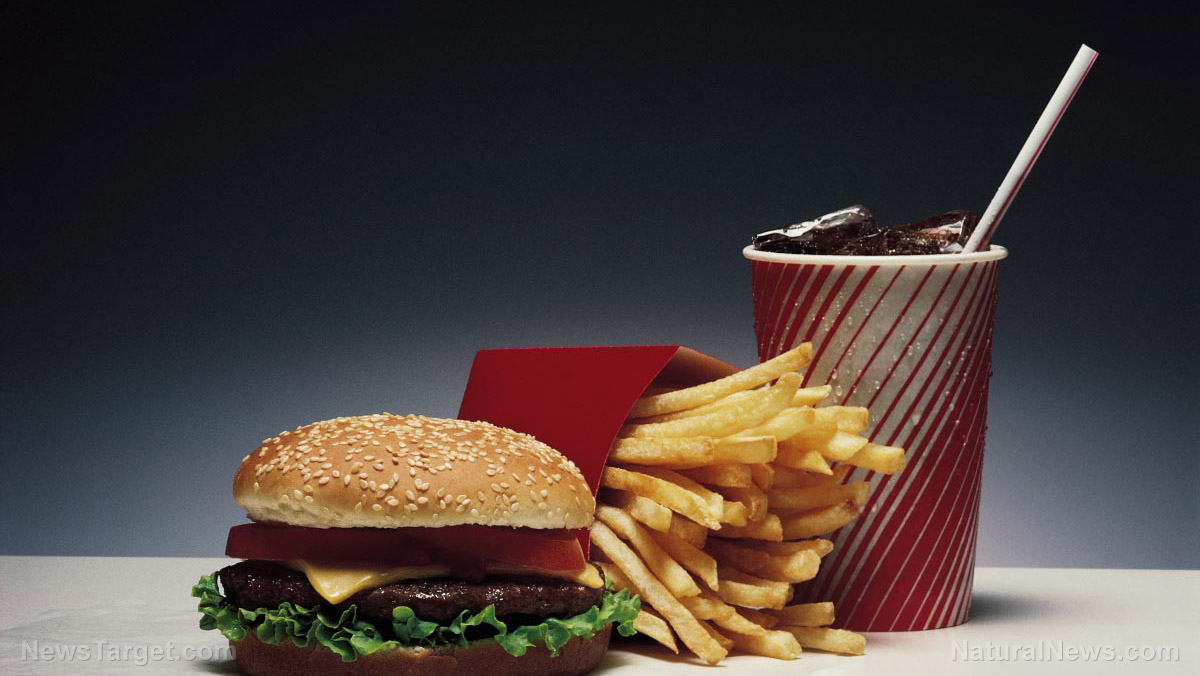Scientists look at binge-eating mice to understand why we overeat
05/15/2018 / By Edsel Cook

What drives us to overeat? European researchers used mice to create an animal model of “obesogenic environments,” a situation where there is easy access to delicious calorie-dense foods. An AlphaGalileo article reported that mice with access to calorie-rich foods also show signs of addiction and binge-eating.
This discovery provided clues about human behaviors that result in overeating. It could eventually lead to a way of checking the increasing spread of obesity throughout the U.S. and other countries.
Researchers from the Universitat Pompeu Fabra (UPF) and Centre for Genomic Regulation (CRG) simulated an obesogenic environment by giving mice a choice between two food options: A high-fat diet or a mix of chopped-up commercial bars. These extra foods were offered alongside the animals’ regular food.
The research team analyzed the resulting activity and feeding behavior of the mice. Mara Dierssen and Cedric Notredame of the CRG, as well as Rafael Maldonado and Elena Martín-García of the UPF, presented their results in two articles published in the journal Addiction Biology.
Obesogenic diets turns mice into obese, binge-eating addicts
According to the researchers, mice will scarf down chocolate whenever the opportunity presented itself. The animals were compelled to binge on the foodstuff while it lasted, eating as much as a day’s worth of chocolate in one hour.
They also reported that the mice started behaving like addicts. The critters would ignore the presence of normal food and wait until chocolate was served to them. They did this despite the fact that chocolate did not fill their hunger as effectively as normal food did.
The power of the elements: Discover Colloidal Silver Mouthwash with quality, natural ingredients like Sangre de Drago sap, black walnut hulls, menthol crystals and more. Zero artificial sweeteners, colors or alcohol. Learn more at the Health Ranger Store and help support this news site.
The UPF and CRG research group also took note of how both the high-fat diet and the chocolate diet changed the animals’ behavior. Mice are by nature nocturnal and eat at night.
However, the ones with altered diets began eating more during the day. They also switched from big, long-spaced meals to quick and frequent bites of their new favorite foods.
Obesity is difficult to treat because obese humans tend to go back to eating unhealthy amounts of food once they quit an energy-balanced diet. The researchers decided to study this common relapse.
They reported that people who eat calorie-dense diets for long periods of time lose control of their natural food-seeking behavior. Their behaviors, ability to learn, and motivation also suffer negative effects.
Experts says obesity is also a behavioral problem
“Obesity is not just a metabolic disease – it is a behavioural issue. People who are overweight or obese are usually told to eat less and move more, but this is too simplistic,” says Mara Dierssen, one of the authors who leads the Cellular and Systems Neurobiology lab of the CRG.
Dierssen and her colleagues believes the best way to treat obesity is to spot the symptoms early and nip the issue in the bud before it can get worse. Health professionals therefore need a better understanding of the behaviors that lead to obesity. (Related: Stress reducing eating habits-How to eat mindfully?)
The next step for the researchers is to increase the number of animals in their follow-up study. They are also preparing an investigation into the addiction-like behaviors of obese people. This way, they could compare their findings on human behaviors with the results of their mice model.
Dierssen remarks that it is very difficult to lose weight. This causes many obese people to yo-yo between healthy and unhealthy diets. Therefore, advises her UPF co-author Maldonado, the way to prevent obesity is to understand and change obesity-related behaviors.
If you’re hungry for more articles on scientific discoveries, hop on over to Discoveries.news.
Sources include:
Tagged Under: addiction-like behavior, bad diet, behavioral problems, binge eating, dieting habits, eating behavior, eating habits, feeding behavior, feeding habits, food addiction, high calories, high-calorie diet, high-calorie foods, high-fat diet, metabolic disease, obese, obesity, obesity-related behavior, obesogenic environment, overeating, overweight, slender, snacking habits, unhealthy diet, weight gain




















